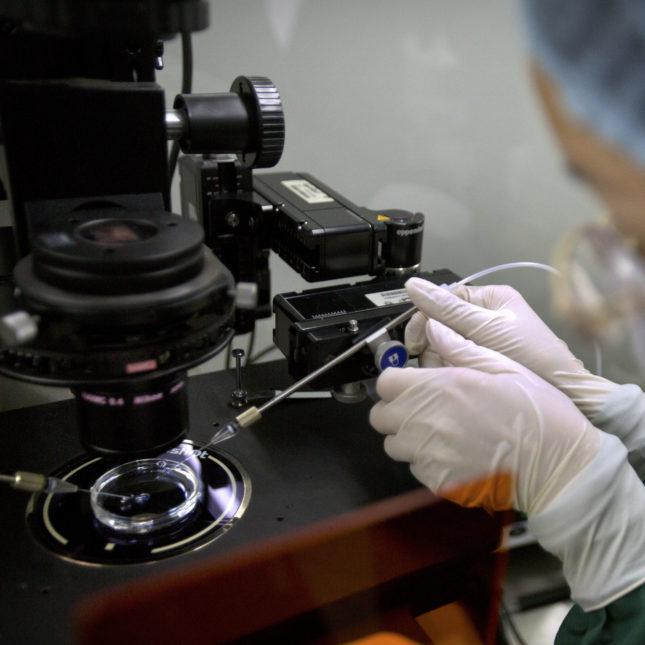Opinion: CRISPR-Cas9 commercialization may be slowed by delivery and manufacturing challenges
As the gene-editing community focuses on the ethics of using this technology, it also needs to solve the more prosaic problems of CRISPR-Cas9 delivery to cells and manufacturing.
by Jim Burns
Feb 01, 2019
4 minutes

The news in November that a Chinese scientist may have edited the genes of embryos, resulting in the birth of two baby girls, reminds us that gene editing is still an exciting — and often controversial — field.
At the recently concluded J.P. Morgan Healthcare Conference in San Francisco, the sense of foreboding about the future of this industry had dissipated. As I spoke with my colleagues in the field and executives from other companies, I got a sense that we were confident that gene editing is poised on the edge of great success, with therapies already approved by the U.S. Food and Drug Administration and the European Medicines
You’re reading a preview, subscribe to read more.
Start your free 30 days





